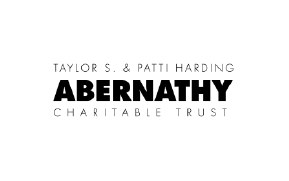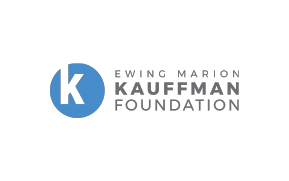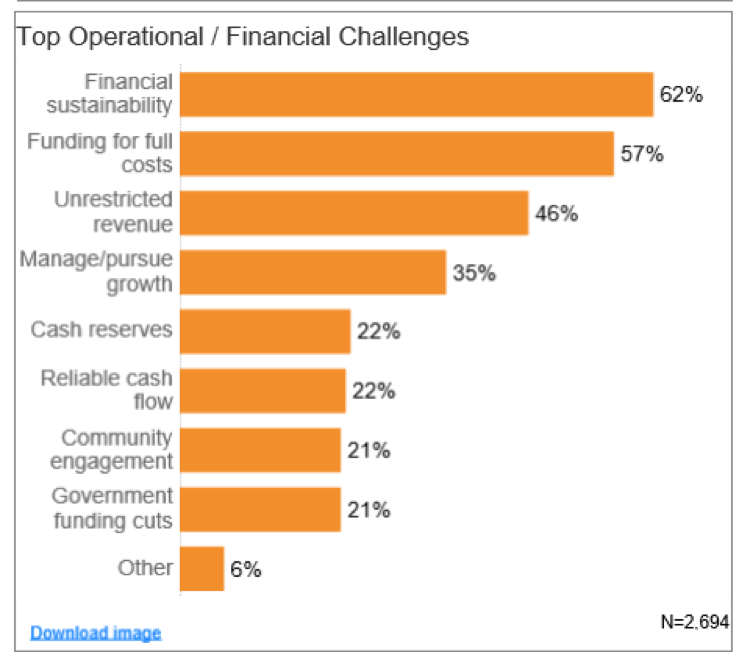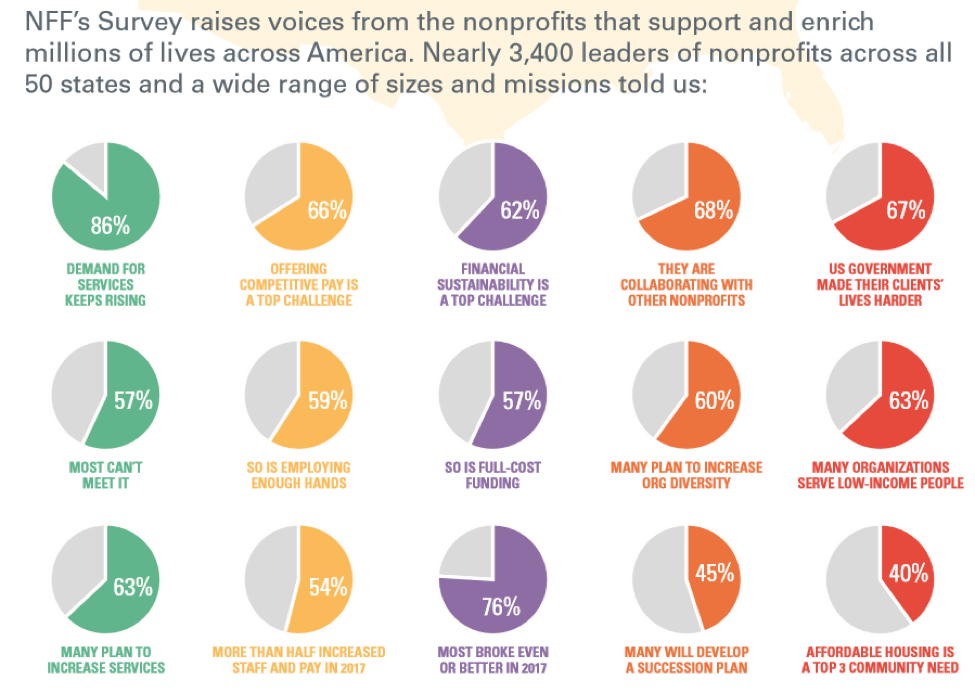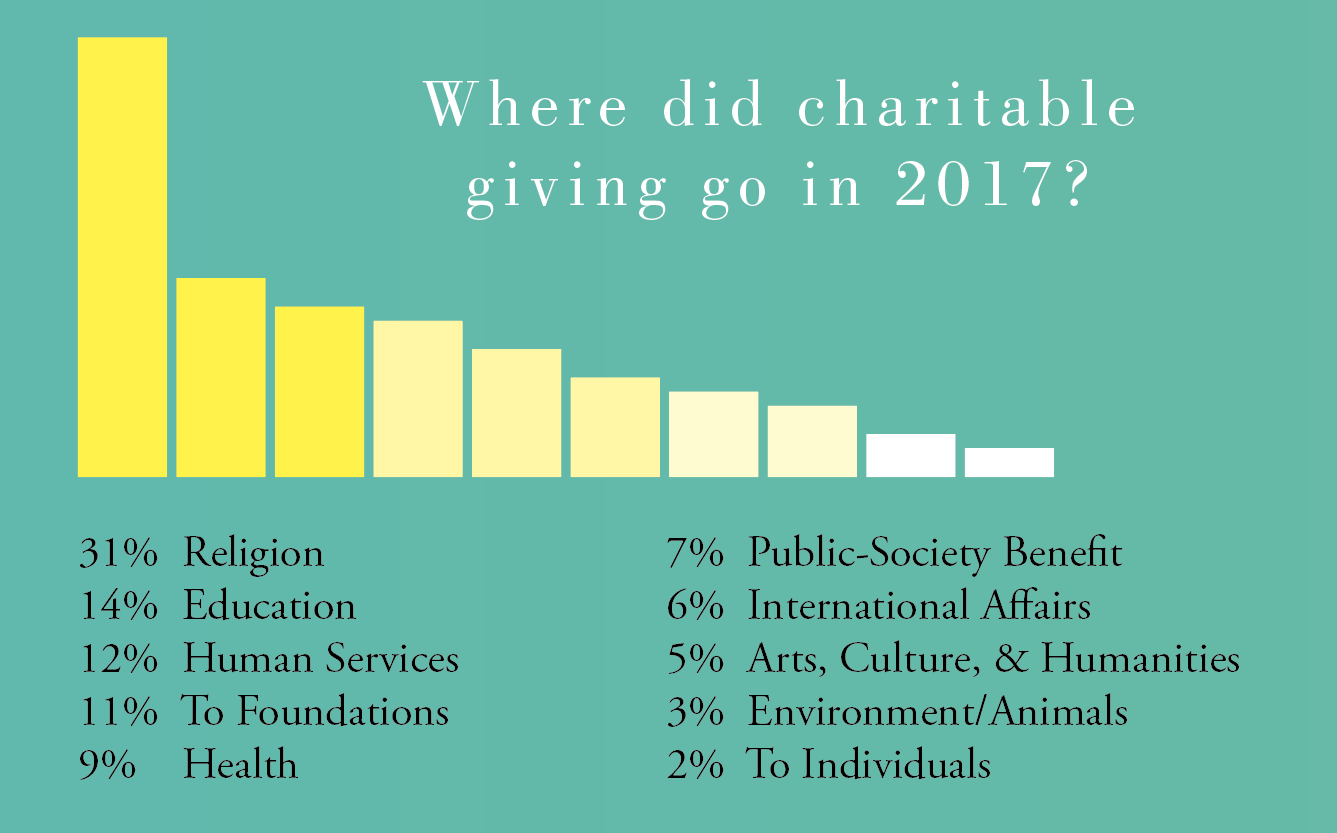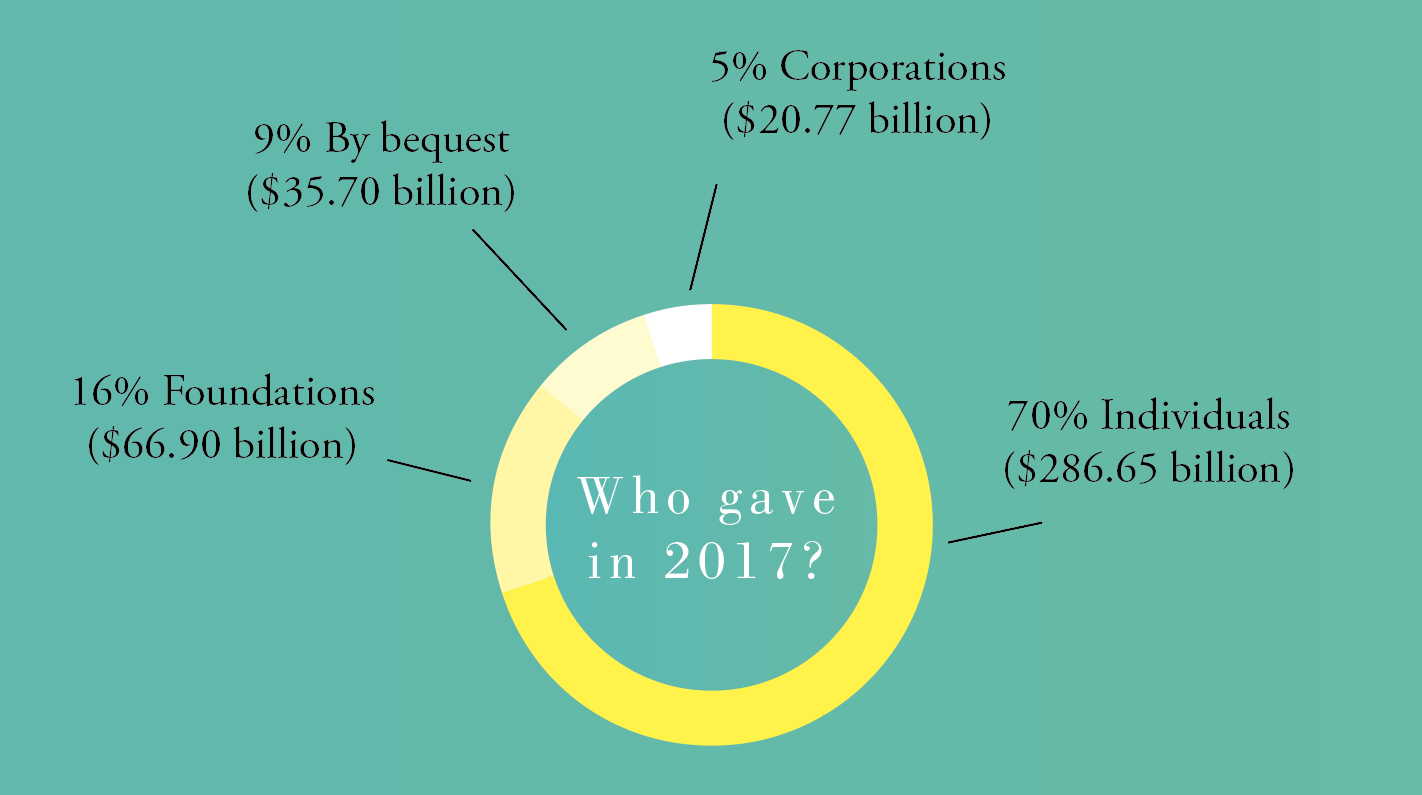“Most nonprofits team up for one of three main reasons: to boost organizational efficiency, increase organizational effectiveness, or drive broader social and systems change.”
Source. “Nonprofits, large and small, are facing increased pressure to deliver on their missions in creative ways. This pressure is coming not only from government cutbacks and mounting needs, but also from technology—which participants said is pushing many nonprofits to adapt their fundraising tactics, refine their communications and marketing strategies, and confront increasing cybersecurity challenges.”
Source. “At a time when nonprofits are getting squeezed by government budget cuts and facing increased need among those they serve, many groups are realizing that they cannot achieve their missions without building new alliances.”
Source. “The nonprofit sector has too many small organizations that are just getting by, and too few big ones that can really solve problems.”
Source. Small nonprofits find collaborations difficult due to a lack of human resource capacity, however “the presence of full‐time employee(s) is more crucial for small nonprofits to collaborate with other entities.”
Source. “Many
traditional nonprofits form short-term partnerships with superficially similar organizations to execute a single program, exchange a few resources, or attract funding. In contrast,
networked nonprofits forge long-term partnerships with trusted peers to tackle their missions on multiple fronts.”
Source.













